Conversations Across Social Disciplines | Building Life-Affirming Institutions: Social Service Systems and the Dismantling of Punishment
to
This annual program is an opportunity to increase dialogue and create models for working across the social science and social work disciplines to find connections and opportunities for bridging boundaries. It is part of the School of Social Work Joint Doctoral program with a focus on students within the Social Work and the Social Sciences. The program is designed and implemented by doctoral students at the School of Social Work with financial support from the Joseph Veroff and Katherine Pavelka Luke Fund.
Building Life-Affirming Institutions: Social Service Systems and the Dismantling of Punishment
Recent police killings and related uprisings have cast a renewed spotlight on the role of social service systems and social workers to provide care-based alternatives to systems of punishment. Yet scholarship and practice reveal how punishment and oppression are entrenched in many ostensibly caring social service systems’ daily operations—including child welfare, healthcare, and violence prevention—creating challenges for social workers and allied change agents in dismantling punishment and building instead what Ruth Wilson Gilmore calls “life-affirming institutions.” This Conversations Across Social Disciplines event will facilitate interdisciplinary dialogue on change in and new models of social service systems, highlighting the challenges and opportunities in building life-affirming institutions that cultivate care, while also uncovering both the explicit and covert dangers in existing social service systems.
Event Recording
Student Coordinator
Matthew Bakko
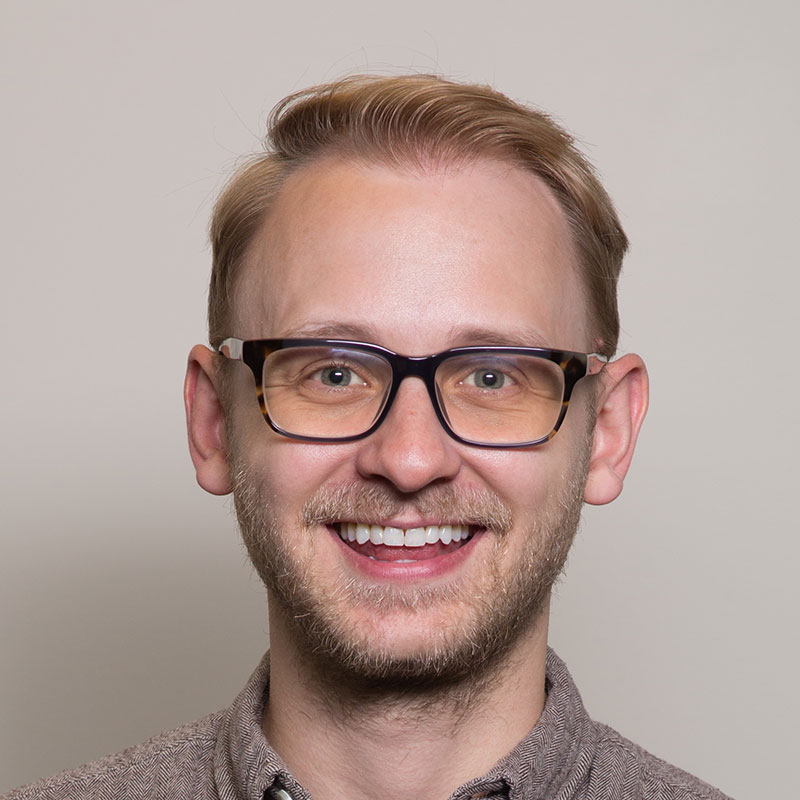
5th year PhD Candidate in the Joint Program in Social Work and Sociology, University of Michigan
Matthew is an organizational scholar with a critical concern for how social service systems, organizations, and providers advance both oppression and liberation. Bakko addresses this concern by exploring how social service organizations are impacted by and engage with their external environments, including policy shifts, funding and resource dynamics, and political changes in their institutional and community contexts. His current work and dissertation research specifically explores social service organizations that interface with carceral systems.
Panelists
Dr. Melissa Burch
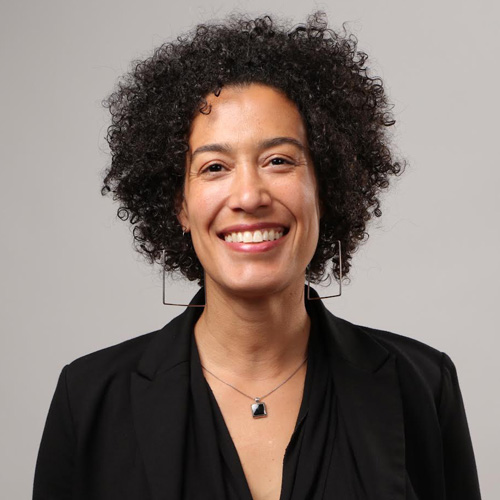
MS, Urban Studies, PhD, Assistant Professor of Anthropology, University of Michigan
Melissa is an anthropologist whose research and community work focuses on the experiences of people with criminal convictions in the United States. She is currently writing her first book on the discriminatory use of criminal background checks in the job market. Melissa is a longtime member and former staff member of Critical Resistance and prior to earning her Phd, served as Director of Programs and Policy at A New Way of Life Reentry Project, a program to support women coming home from prison in Los Angeles. She currently directs the Afterlives of Conviction Project which aims to deepen understanding of the lived experience of criminalization and make scholarly data and concepts available to organizers, educators, and policymakers in engaging and useful ways.
Dr. Mimi Kim
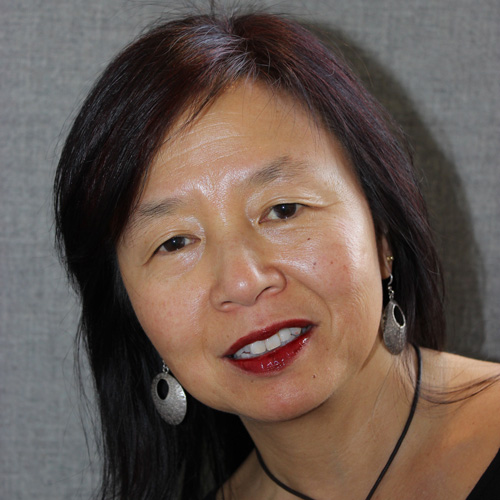
MSW, PhD, She/Her, Associate Professor of Social Work, California State University, Long Beach
Mimi Kim is the founder of Creative Interventions and a co-founder of INCITE! She has been a long-time activist, advocate and researcher challenging gender-based violence at its intersection with state violence and creating community accountability, transformative justice and other community-based alternatives to criminalization. As a second generation Korean American, she locates her political work in global solidarity with feminist anti-imperialist struggles, seeking not only the end of oppression but of the creation of liberation here and now. Mimi is also an Associate Professor of social work at California State University, Long Beach and Co-Editor-in Chief of Affilia. Her recent publications include “The Carceral Creep: Gender-Based Violence, Race, and the Expansion of the Punitive State, 1973-1983” (2020) and “From Carceral Feminism to Transformative Justice: Women of Color Feminism and Alternatives to Incarceration” (2018). She is currently working on a restorative justice pilot project addressing domestic and sexual violence in Contra Costa County, California.
Dr. Sophia Sarantakos
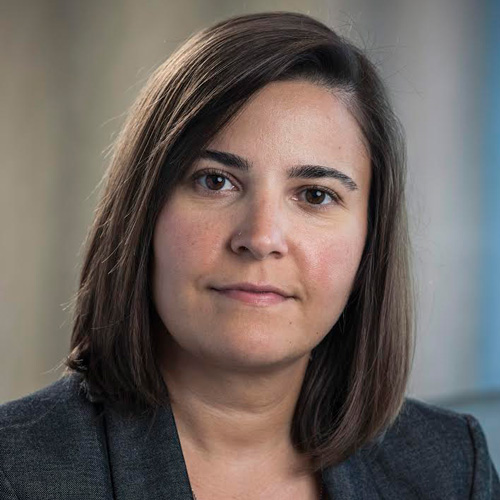
MSW, PhD, She/They, Assistant Professor, University of Denver Graduate School of Social Work
Dr. Sarantakos is an assistant professor at the University of Denver Graduate School of Social Work. The aim of their work is to facilitate the reduction of the size, scope, and power of the prison-industrial complex. Understanding and amplifying non-carceral approaches to harm and need, as well as exploring the future of social change work, are central to Dr. Sarantakos’ research and writing. They are developing ideas for how professionalized social change workers, and the organizations and institutions in which they are situated, can “de-professionalize” and leverage their positions and resources to support the work of large-scale social movements. Prior to entering academia, Dr. Sarantakos was a social work practitioner for ten years.
Dr. Jelena Todić
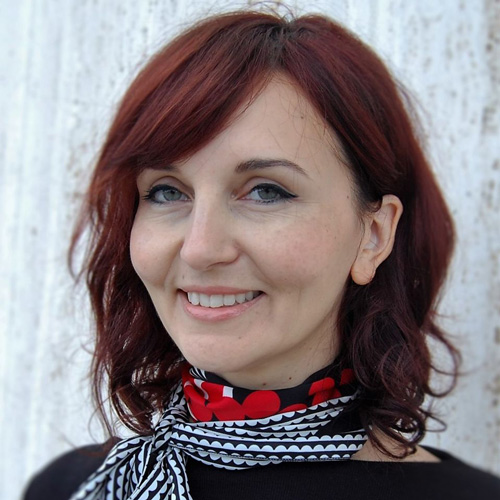
MSW, PhD, She/Her, Assistant Professor of Social Work, University of Texas at San Antonio College for Health, Community and Policy
Jelena's work focuses on the social determinants of health and health inequities. She is especially interested in cultures, infrastructures, and praxis that grow health-affirming places. Her upcoming publications include "Critical theory, culture change, and healthcare equity" (Academic Medicine, Spring 2022) and "Integrating critical, engaged, and abolitionist pedagogies to advance antiracist social work education" (Advances in Social Work, Summer 2022). Jelena co-founded the Emancipatory Place Lab. This experimental space aims to nurture anticarceral social workers committed to liberatory praxis, including community accountability, restorative and transformative justice, and solidarity economy. Jelena is also an assistant professor of social work at the University of Texas at San Antonio College for Health, Community and Policy.
Event Details
- Online
- 4/13/2022 - 3:00 PM to 5:00 PM
This event has no location.